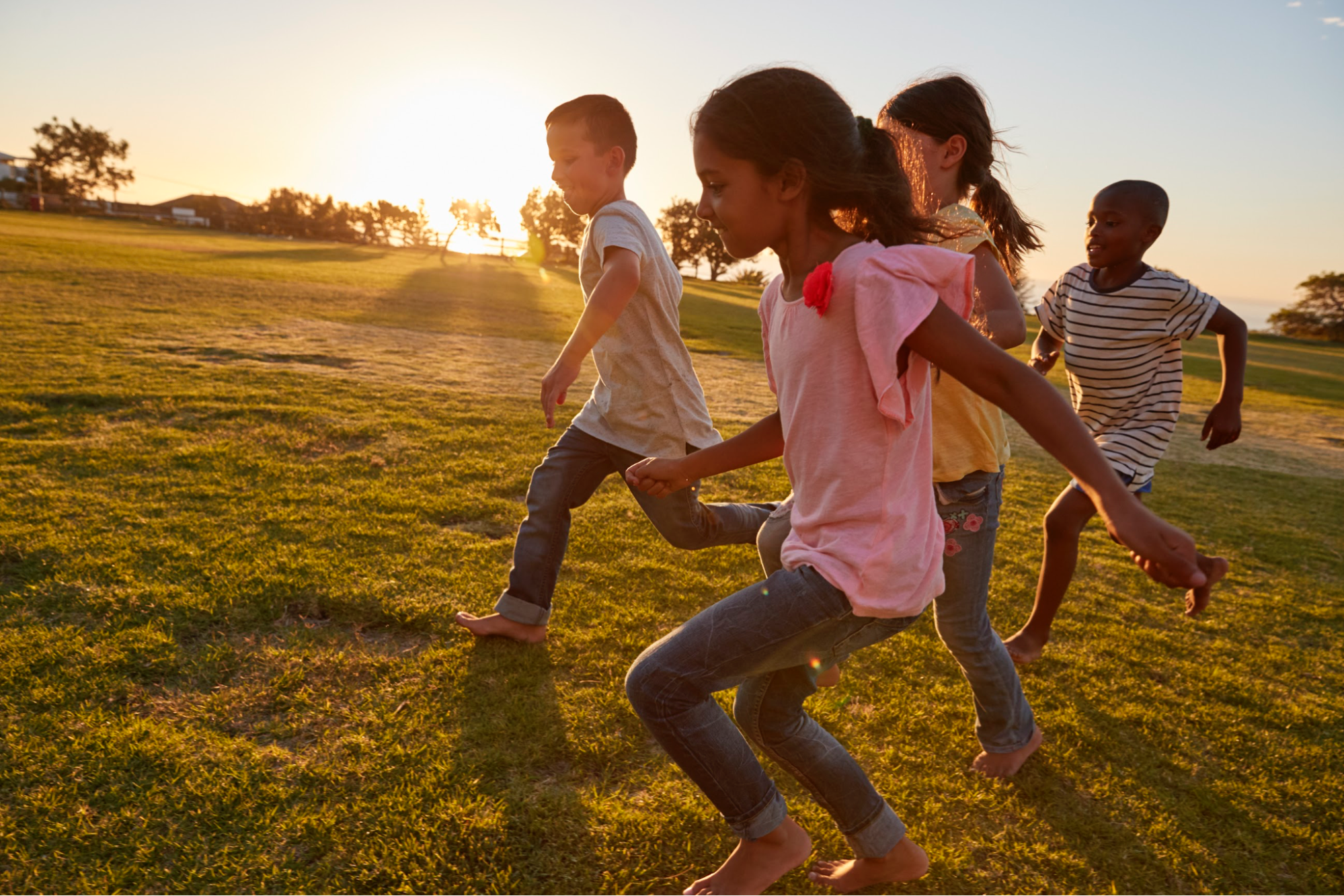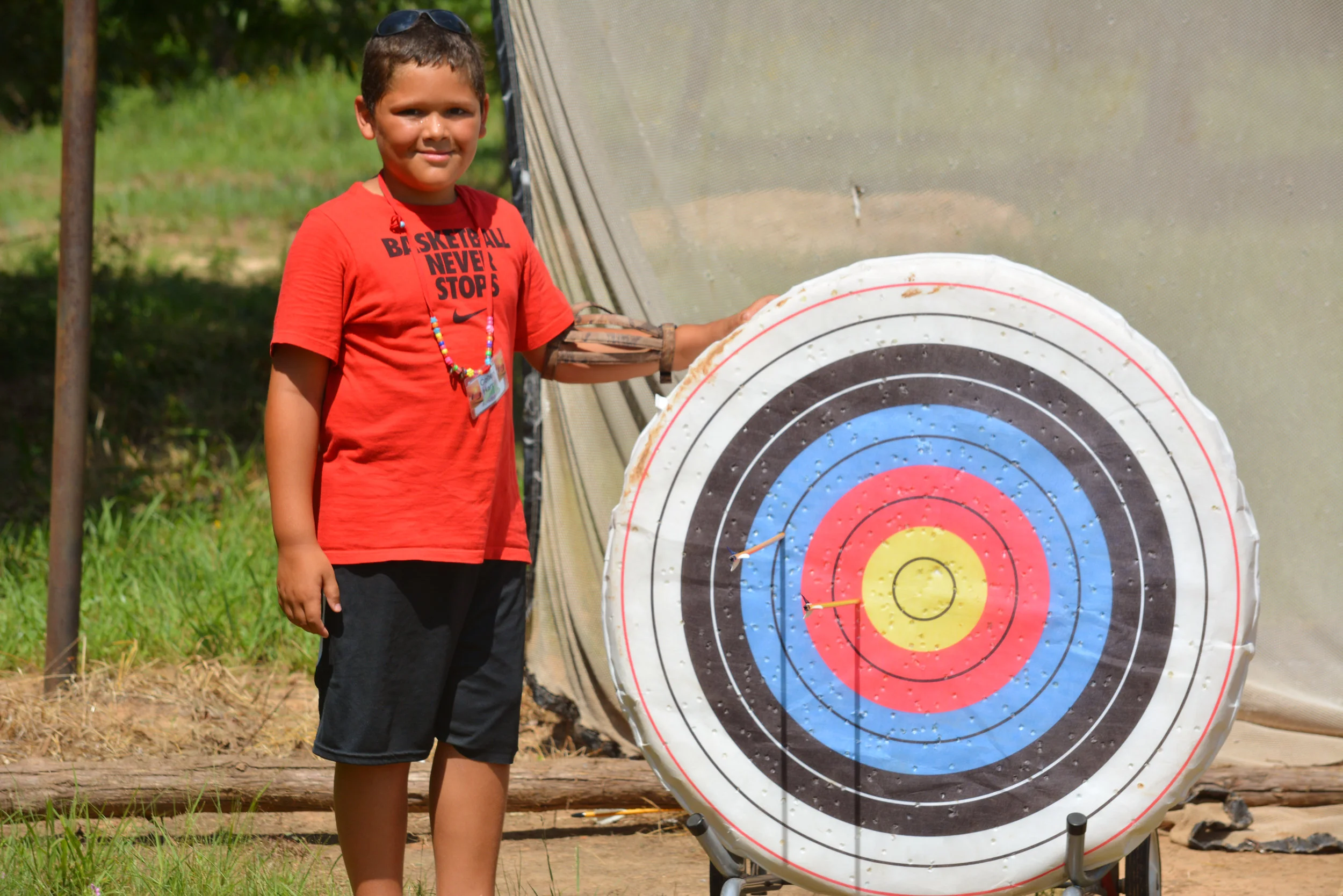The term autism vs. Asperger's often sparks confusion due to evolving definitions. Autism spectrum disorder (ASD) is now the umbrella term used in most clinical settings. Asperger’s syndrome was once considered a separate diagnosis but is now classified under ASD. However, differences in traits and public understanding persist today.
The Evolution of Diagnostic Criteria in Autism vs. Aspergers
Before 2013, Asperger’s syndrome was recognized separately in the DSM-IV. It described individuals with high-functioning autism traits and no significant language delays. With the release of the DSM-5, Asperger’s was folded into the broader autism spectrum. This move aimed to unify the criteria and improve diagnosis accuracy.
DSM-5 and the Autism Spectrum
The DSM-5 classifies autism based on levels of support needed rather than specific subtypes. This classification includes people who would have previously been diagnosed with Asperger’s. The change reflects the wide variety of symptoms and severity across the spectrum. However, some people still prefer the Asperger’s label to describe their experience.
Public Perception vs. Clinical Use
Although Asperger’s is no longer a clinical term, it remains widely used by the public. Many people diagnosed before 2013 still identify with the term. Advocacy groups and media references also keep the label in circulation. This advocacy adds to the ongoing conversation around autism vs. Asperger's.
Autism vs. Asperger's Social Communication Differences
Both autism and Asperger’s involve challenges in social interaction. However, the way these challenges appear can vary significantly. People with Asperger’s often have stronger verbal skills and want to interact socially. Yet, they may struggle to interpret social cues or manage conversational flow.
Language Development in Autism
Individuals with autism may show delayed speech development. Some may remain nonverbal or communicate using alternative methods like sign language or devices. Their understanding of language may also be limited or inconsistent. These delays can significantly impact early social development.
Language Use in Asperger’s
People with Asperger’s typically develop language skills on time. They may have strong vocabularies or speak in highly formal ways. However, they often have difficulty using language in a socially appropriate manner. They may talk at length about interests without noticing social feedback.
Repetitive Behaviors and Routines in Autism and Asperger’s
Repetitive behaviors are common in both conditions. These include hand-flapping, rocking, or repeating phrases. The intensity and type of behaviors may differ depending on the individual. Some routines help manage anxiety and maintain a sense of control.
Restricted Interests in Autism
Many autistic individuals show a deep focus on specific topics or objects. These interests can become central to their daily lives. The subjects may be unusual or less socially shared. Such focus can interfere with flexibility and transitions.
Specialized Interests in Asperger’s
People with Asperger’s often have intense, narrow interests as well. These are usually more advanced or academic, like memorizing train schedules or scientific facts. They may share these interests enthusiastically, sometimes without realizing the listener's disinterest. These passions can also lead to career success or deep expertise.
Sensory Sensitivities and Overload With Autism and Asperger’s
Sensory processing issues are another shared characteristic. Some people may be overly sensitive to sound, light, textures, or smells, while others may seek sensory input, like spinning or touching specific objects. This sensory profile contributes to behavior patterns in both autism and Asperger’s.
Autism and Sensory Experiences
Autistic individuals often react strongly to sensory changes in their environment. Loud noises, bright lights, or crowded spaces may cause distress or meltdowns. Sensory overload can result in withdrawal or shutdown. Managing these responses is critical for daily comfort and functioning.
Asperger’s and Sensory Processing
People with Asperger’s may also face sensory sensitivities. However, they are sometimes more aware of these experiences and can describe them clearly. Their challenges may not be as visibly intense, but they can still disrupt their routines. Understanding sensory needs helps build supportive environments.
Autism vs. Asperger’s in Cognitive and Learning Differences
Autism and Asperger’s do not inherently affect intelligence. However, learning profiles can differ significantly. Some people show uneven skill development or excel in certain areas. Others may need support with attention, memory, or executive function.
Intellectual Variability in Autism
Autistic individuals can fall anywhere on the IQ spectrum. Some have intellectual disabilities, while others possess high cognitive ability. Strengths might include pattern recognition or visual thinking. These traits can guide personalized learning strategies.
Cognitive Profile in Asperger’s
People with Asperger’s are usually of average or above-average intelligence. Many show strong logical reasoning or rote memory skills. Their challenges often lie in abstract thinking or interpreting emotions. Academic strengths can mask social struggles in school settings.
Autism vs. Asperger's Emotional and Behavioral Regulation
Both autism and Asperger’s involve difficulties with emotional control. Frustration or change can trigger outbursts or shutdowns. Coping strategies vary depending on age, support, and self-awareness. Emotional dysregulation can also affect relationships and mental health.
Emotional Responses in Autism
Autistic individuals may have trouble identifying and expressing emotions, which can lead to behavioral issues when overwhelmed. They might overreact to minor frustrations or unexpected changes. Emotional coaching can help build better self-regulation skills.
Behavioral Traits in Asperger’s
People with Asperger’s may appear emotionally detached or overly intense. Their responses can seem out of sync with the situation. While they often recognize their reactions, they struggle to adjust them. Therapy and practice can improve emotional awareness over time.
Diagnostic Journey With Autism and Asperger’s
Diagnosing autism vs. Asperger's can be complicated, especially for adults. Many people receive a diagnosis later in life after years of misunderstanding. Girls and women are often underdiagnosed due to different symptom expressions. Social masking can also delay or obscure diagnosis.
Challenges in Early Diagnosis
Children with noticeable developmental delays are more likely to be evaluated early. Those with stronger verbal and cognitive skills may be overlooked. Their symptoms may be mistaken for personality quirks or anxiety. Early identification is key to providing timely support.
Adult Diagnoses and Self-Identification
Many adults learn about their neurodivergence through self-research. Formal diagnosis can provide clarity, but it may be hard to access. Some prefer self-identification due to barriers in healthcare. Whether diagnosed or self-identified, validation is essential.
Educational Support Needs of Autism and Asperger’s
Support services vary depending on the individual’s needs. School accommodations include speech therapy, sensory breaks, and social skills training. Personalized education plans are essential for academic success, and understanding a student’s strengths and challenges is crucial.
Classroom Strategies for Autism
Students with autism may need structured routines and visual support. Clear expectations and consistent feedback help them thrive. Teachers should minimize sensory distractions and offer calming spaces. Collaboration with parents and specialists enhances progress.
School Support for Asperger’s
Students with Asperger’s benefit from help with peer interaction and flexibility. They may excel academically but need coaching in group work or transitions. Role-playing and social narratives can build communication skills. Teachers should nurture strengths while addressing gaps.
Autism vs. Asperger’s in Daily Life and Independent Living
Autistic and Asperger individuals may face challenges in daily routines, such as cooking, managing time, or navigating public spaces. With the proper support, many lead independent, fulfilling lives. Practical life skills are a significant focus of long-term planning.
Autism and Daily Functioning
Autistic adults may require assistance with employment or housing. Community programs and job coaching are essential tools. Some live independently, while others thrive in supported settings. Independence looks different for each person on the spectrum.
Asperger’s and Adult Transitions
Adults with Asperger’s often pursue higher education and careers. However, transitions may be difficult without guidance, and social expectations in workplaces can create stress. Ongoing support with life planning and social navigation is beneficial.
Mental Health and Conditions of Autism and Asperger’s
Anxiety, depression, and ADHD are common alongside autism spectrum conditions. These can complicate diagnosis and treatment. Mental health care tailored to neurodivergent needs is critical. Ignoring co-occurring issues can worsen the quality of life.
Autism and Mental Health Risks
Autistic individuals may struggle to express internal distress, leading to underdiagnosis of anxiety or mood disorders. Social isolation and sensory overload can contribute to mental health decline. Counseling and sensory-friendly therapy improve outcomes.
Mental Health in Asperger’s
People with Asperger’s often experience anxiety about social interactions. Perfectionism and rigid thinking may fuel stress and depression. They are usually self-aware and benefit from cognitive behavioral therapy. Peer support groups also provide understanding and encouragement.
Autism vs. Asperger’s: Celebrating Neurodiversity
Both autism and Asperger’s are part of the broader neurodiversity movement. This philosophy values brain differences rather than seeing them as deficits. Emphasizing strengths helps combat stigma and promote inclusion. Understanding autism vs. Asperger's plays a role in this shift.
Strength-Based Perspectives
Neurodivergent individuals offer unique insights and talents. Many succeed in technology, arts, science, and education. Recognizing and supporting these strengths benefits society as a whole. The goal is not to “fix” people but to empower them.
Promoting Acceptance Over Cure
Language around autism has evolved from cure to acceptance. People now advocate for accommodations rather than normalization. Listening to autistic voices is key to respectful support. Acceptance improves mental health, opportunity, and quality of life.
Understanding the Key Differences in Autism vs. Asperger’s
Understanding autism vs. Asperger's is essential in promoting empathy, support, and informed care. While the clinical labels may have changed, individual experiences still vary widely. Recognizing both differences and shared traits helps create inclusive environments. At Charis Hills Camp, we celebrate neurodiversity and empower every camper to thrive. For more information about autism vs. Aspergers, please visit our Charis Hills Camp blog.












